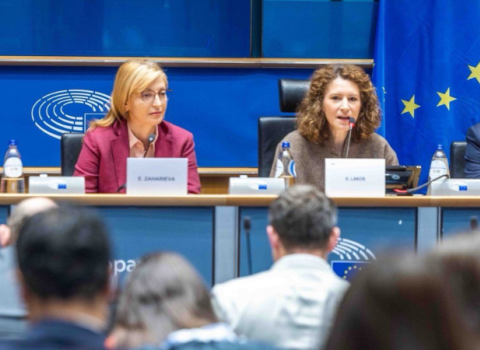
The strategy calls on Member States to create the conditions for market development and for new public private partnerships for ICT projects. It wants to see ICT research and innovation integrated into EU policy areas such as health, energy and transport.
The Commission has promised a set of pan-European projects to showcase ICT applications for modernising public services, in areas such chronic disease management and the creation of a pan-European electronic identification infrastructure.
Member States and industry are being asked to pool resources and work together in ICT research and innovation. “For decades to come, ICT will underpin the competitiveness of our economy, the efficiency of our public services and our quality of life,” said Viviane Reding, EU Commissioner for Information Society and Media. “Our economic performance and jobs depend on these technologies. Our task is to make sure that Europe is well-equipped to harness the potential of technologies like the internet or mobile phones.”
“That’s why the Commission is proposing steps to seize the opportunities of new developments such as the Future Internet, web-based services and nanoelectronics,” Reding added. The ICT sector provides 12 million jobs and represents 6 per cent of European GDP.
The ICT strategy forms part of the preparations for a European plan for innovation and research, as called for by the European Council in December 2008. It is also part of the Commission’s response to the recommendations of the Aho Panel’s evaluation of ICT research and development in the EU’s overall research programme. It builds on several existing initiatives and actions, in particular the i2010 ICT policy framework.
http://ec.europa.eu/information_society/tl/research/documents/ict-rdi-strategy.pdf





 A unique international forum for public research organisations and companies to connect their external engagement with strategic interests around their R&D system.
A unique international forum for public research organisations and companies to connect their external engagement with strategic interests around their R&D system.